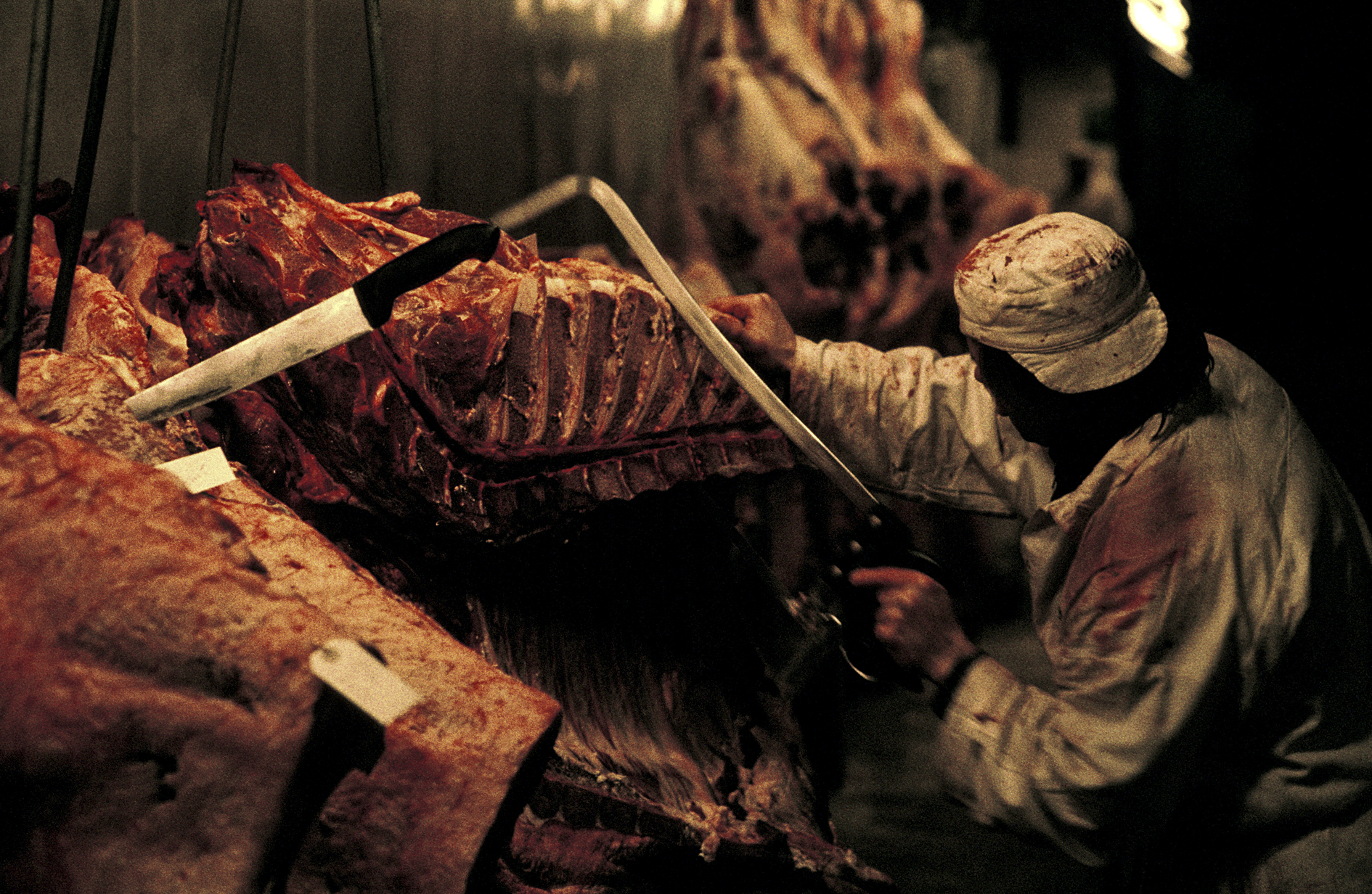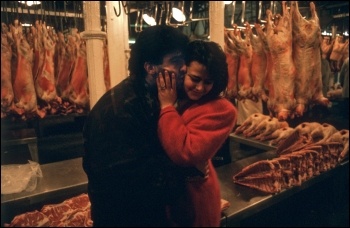Dave Ingham
The scandal of 29% horsemeat found in Tesco value burgers four weeks ago has paled into insignificance compared to the revelation in the last week that Findus’ beef lasagne is 100% equine.
By means of an attempt at reassurance the company has since produced a statement saying that its product was only ‘supposed’ to be 15% beef. Horsemeat has now been found in the food chain in 16 EU countries, demonstrating that this is not just accidental but a systematic failing.
For an industry that supposedly prides itself on identifying its product’s origins, the supply network is mind boggling.
The initial investigation by French authorities found that the meat had come from two Romanian abattoirs, sold to a Dutch trader, then a Cypriot trader, then to French firm Poujol who supplied it to Comigel’s meat processing plant in Luxemburg who provided Swedish-based Findus with the lasagne – a path more convoluted than the plot of a badly written whodunit!
As well as supplying Findus, the plant supplies ready meals for Tesco and other supermarkets and frozen food firms, as well as supplying ready meals to schools, hospitals and retirement homes.
Although horsemeat itself is not dangerous to eat, carcasses from horses not bred for food production could have contained phenylbutazone, a veterinary drug which is banned from food as it can cause bone marrow failure. There are even rumours that some of the ‘horsemeat’ may also be donkey.
The Polish supply company at the centre of the Tesco value burger scandal is still supplying ‘beef’ to six UK companies. At the same time, it’s been revealed that supplies of Halal beef from McColgan Quality Foods to prisons contained pork DNA.
In the race to make the biggest profits possible, the cheapest supplier wins, regardless of the quality of the product. We can’t trust capitalism with our health and safety.
Part of the cuts that Merkel and Cameron pushed through in the EU budget is to food inspection, and the UK government is also cutting back in this area. All these cuts must be immediately reversed and investment in employment and training of inspectors prioritised.
Only with the nationalisation of the food industry under democratic workers’ control, with regular inspection of food quality by committees accountable to workers and consumers would we be able to make sure that what we want to eat, is what we actually eat.










